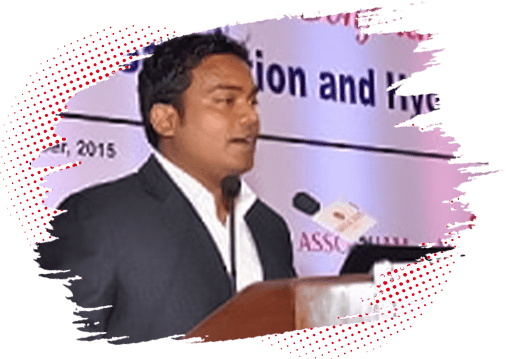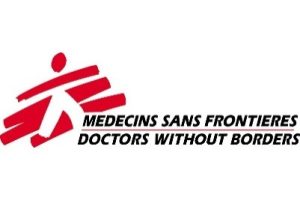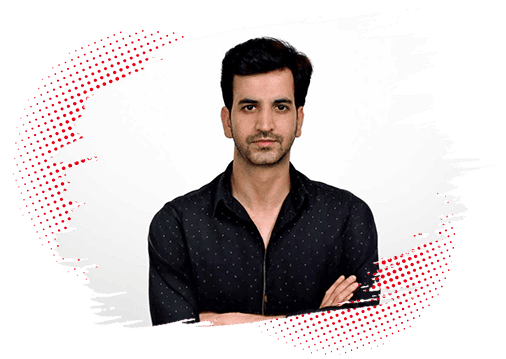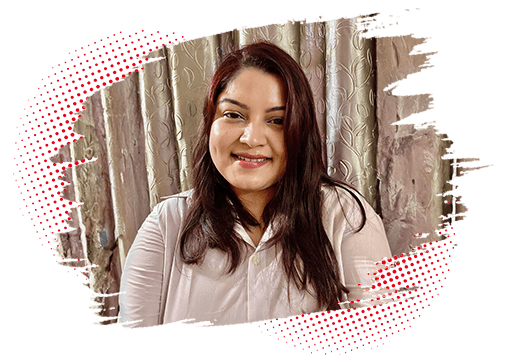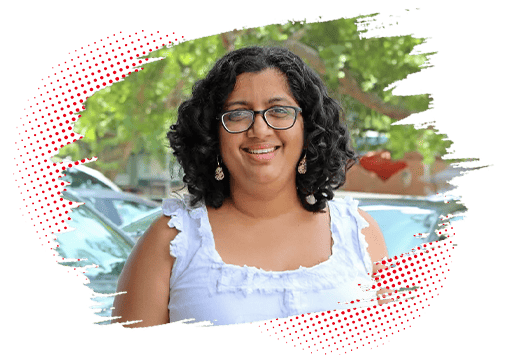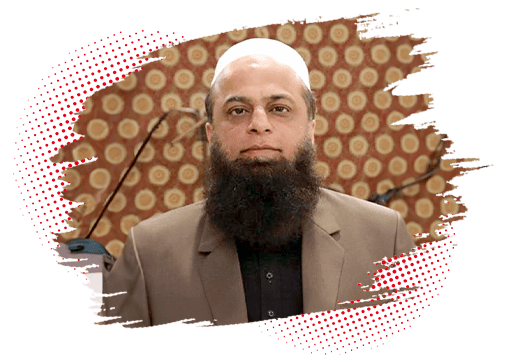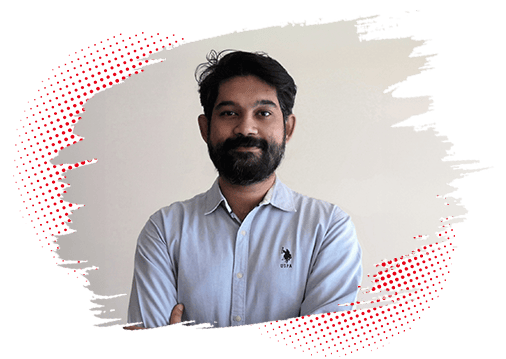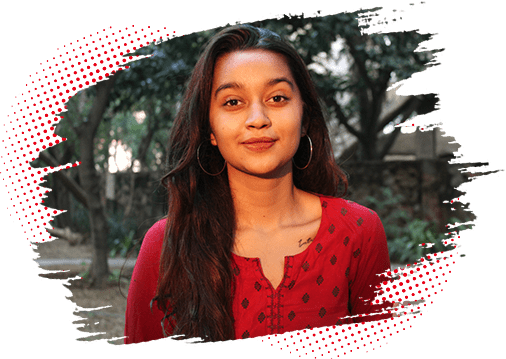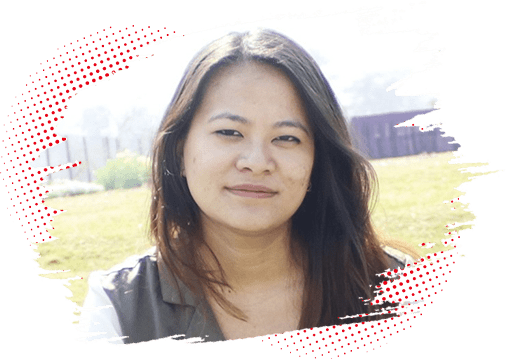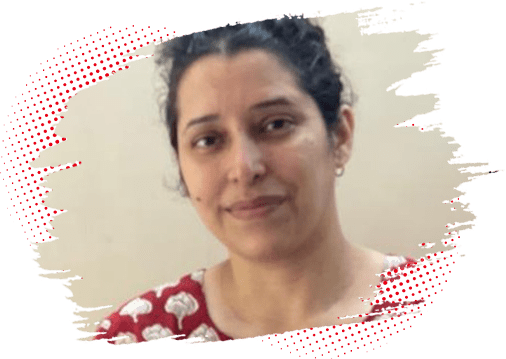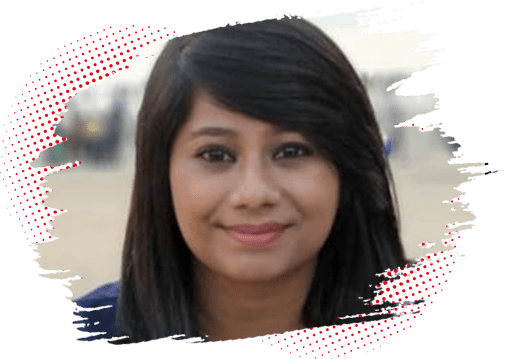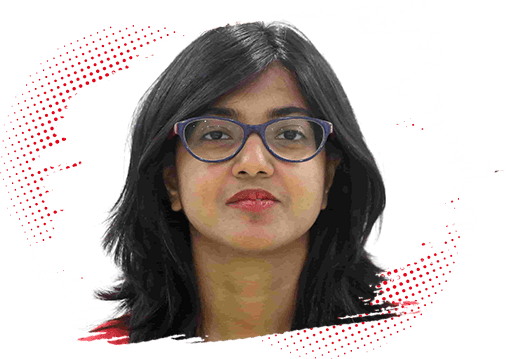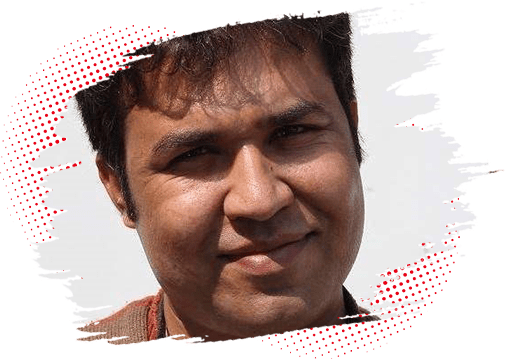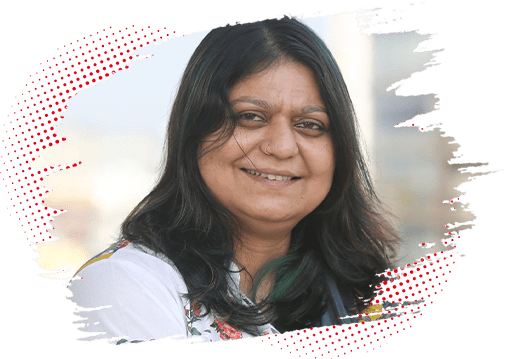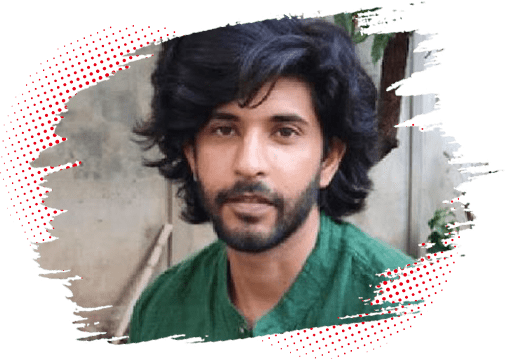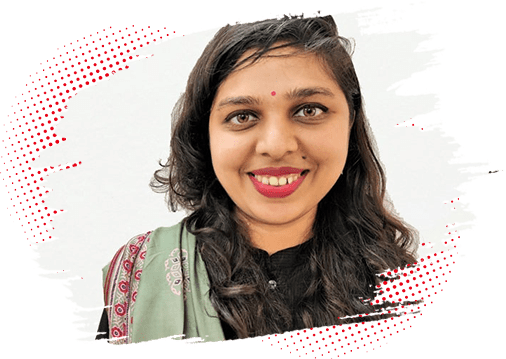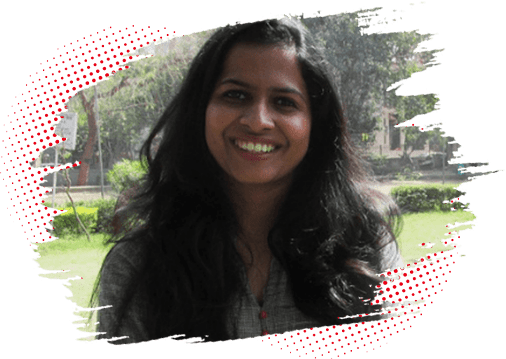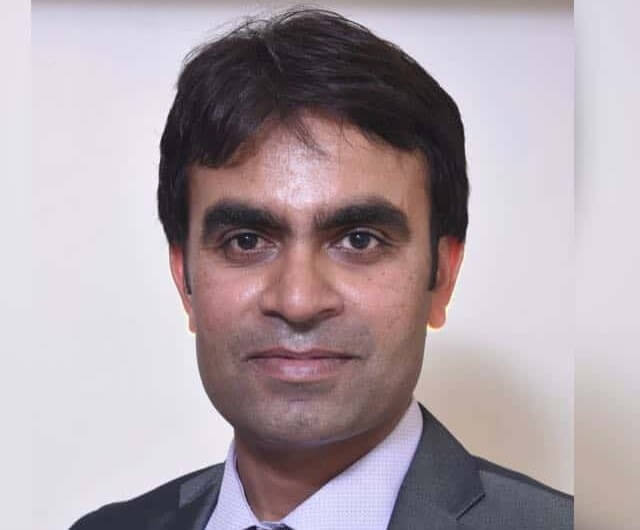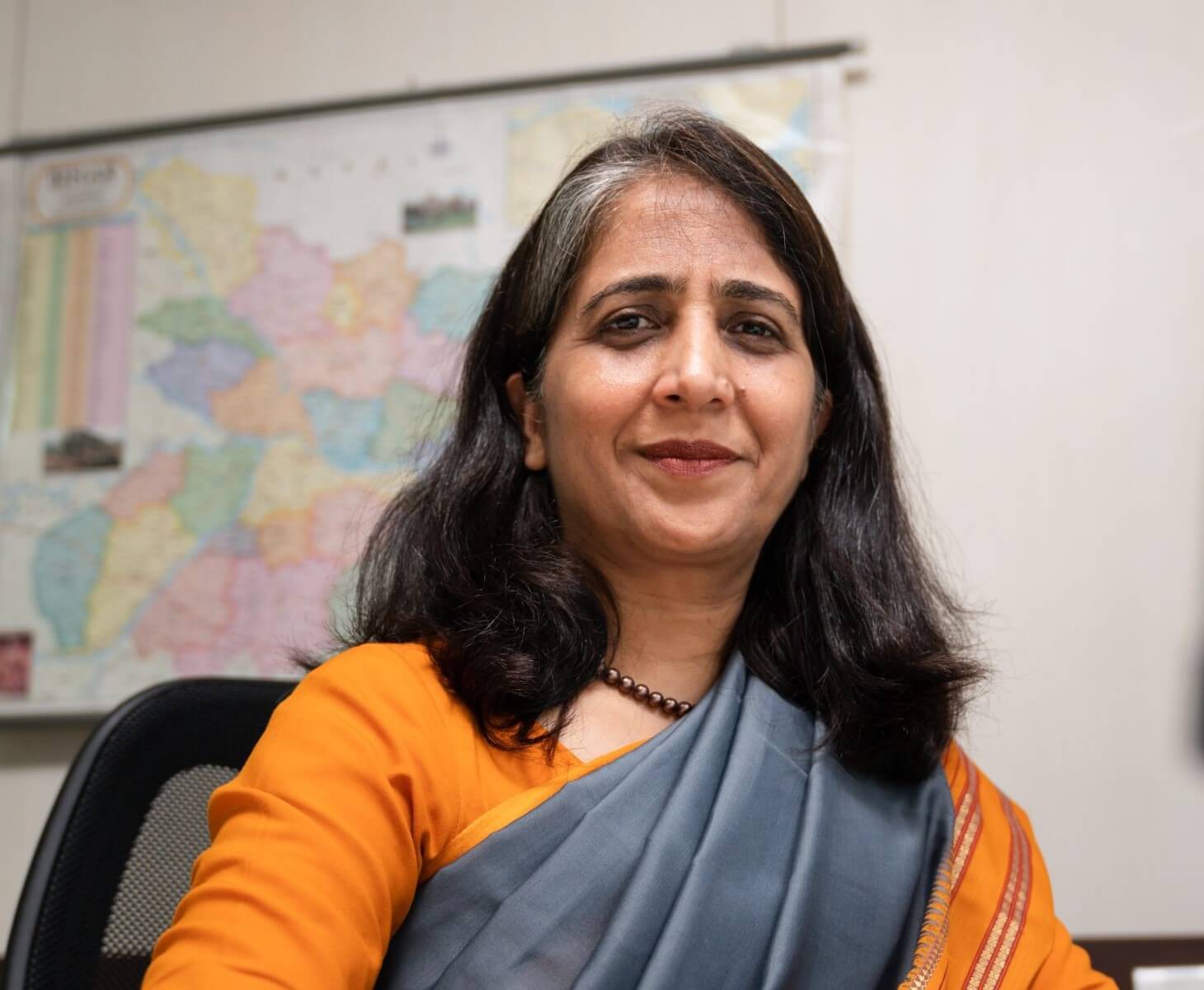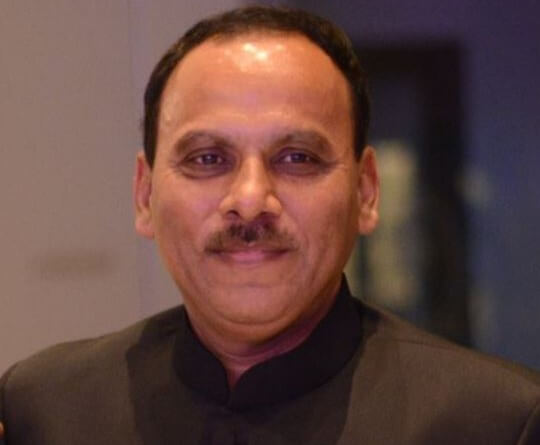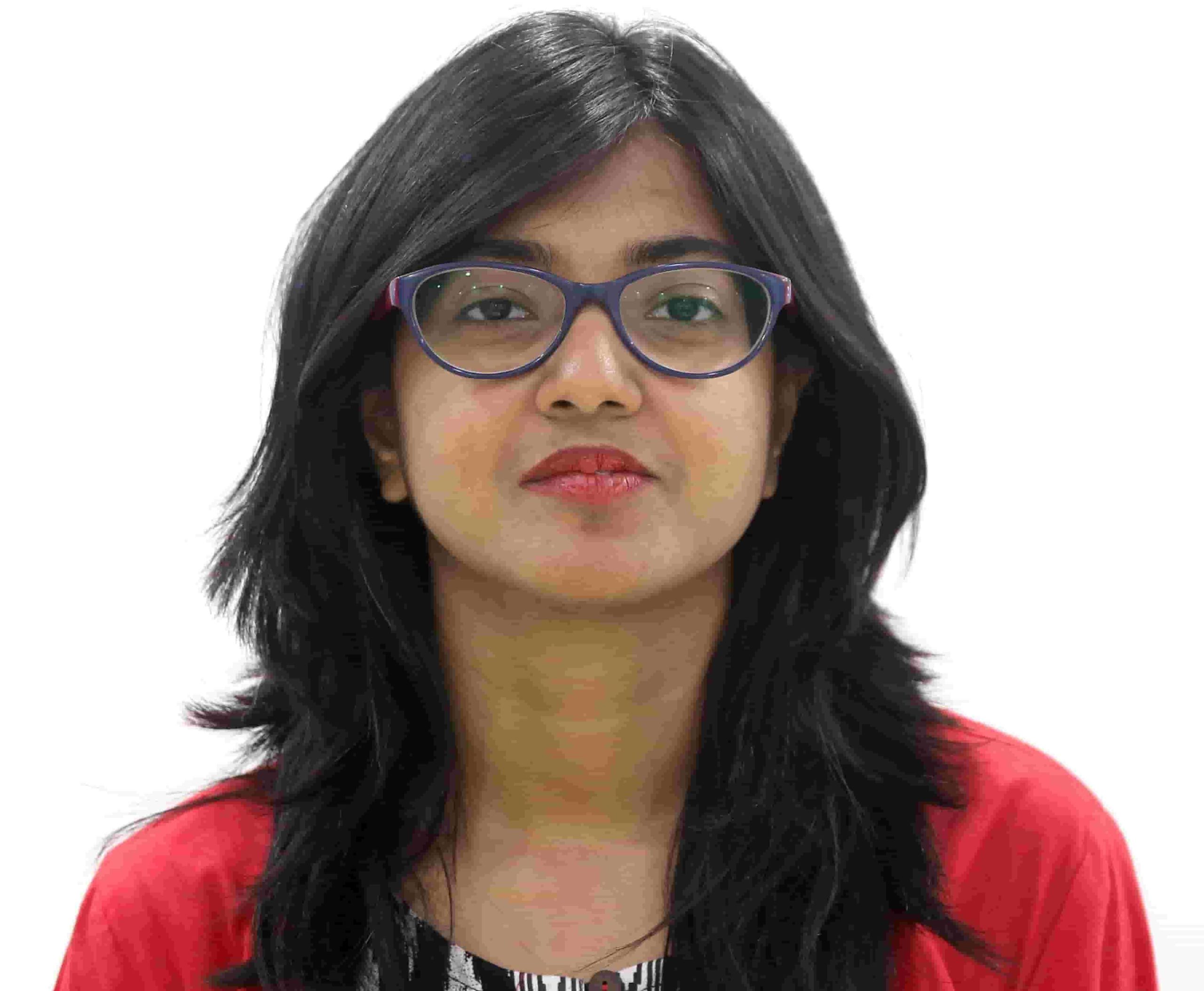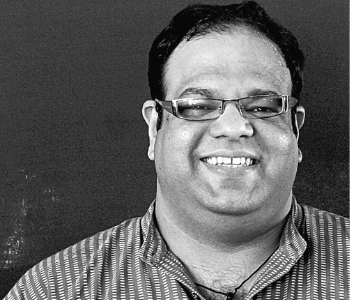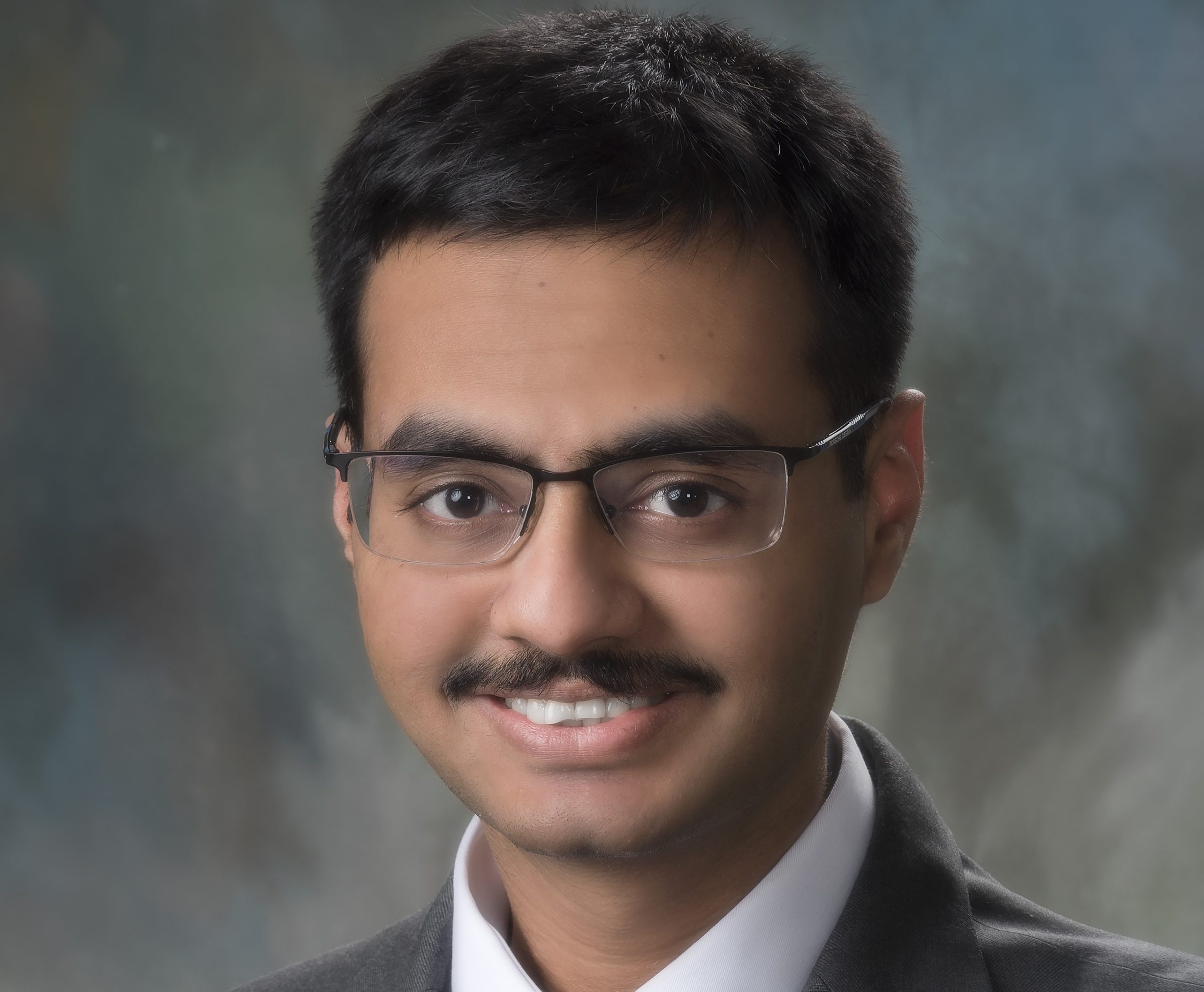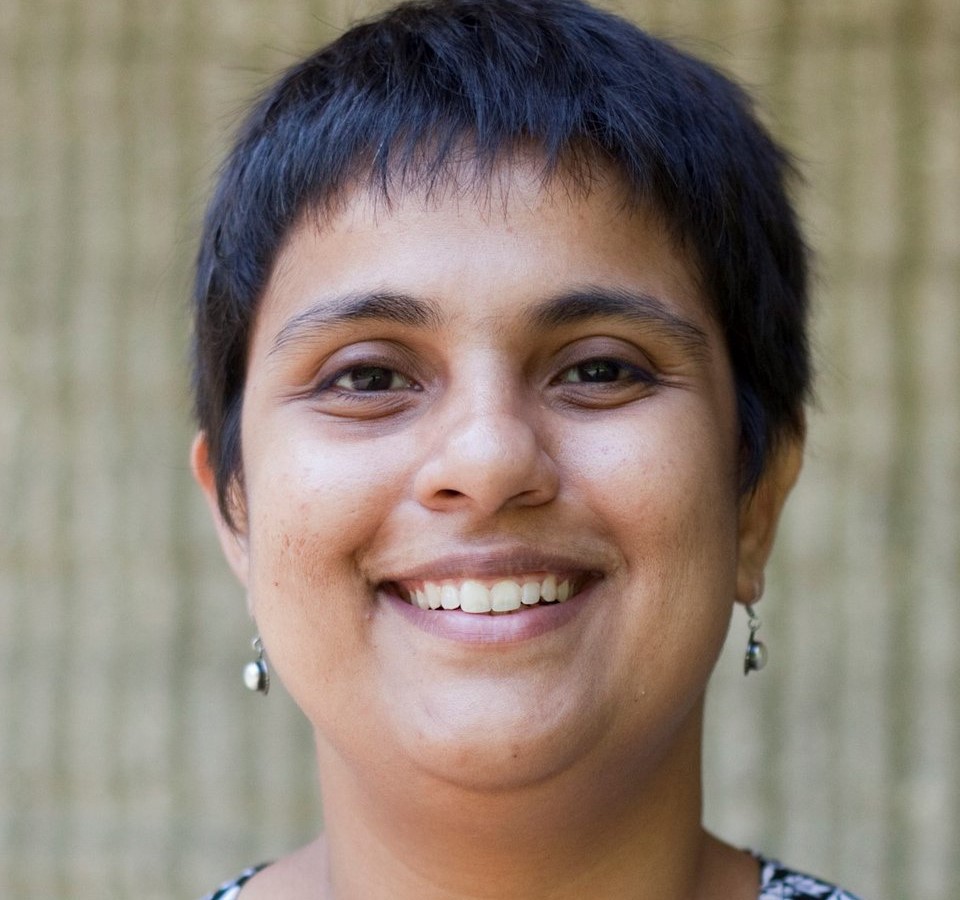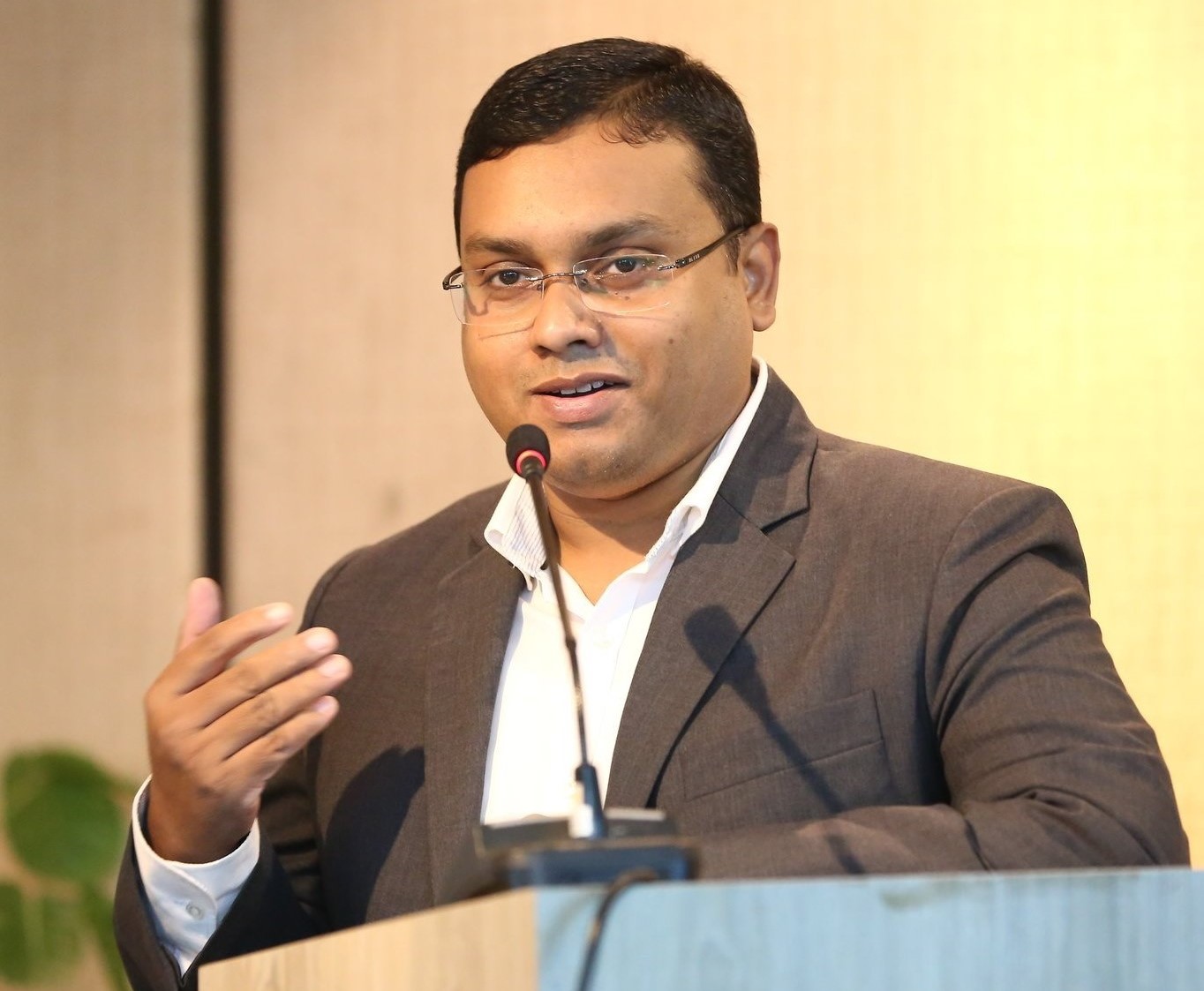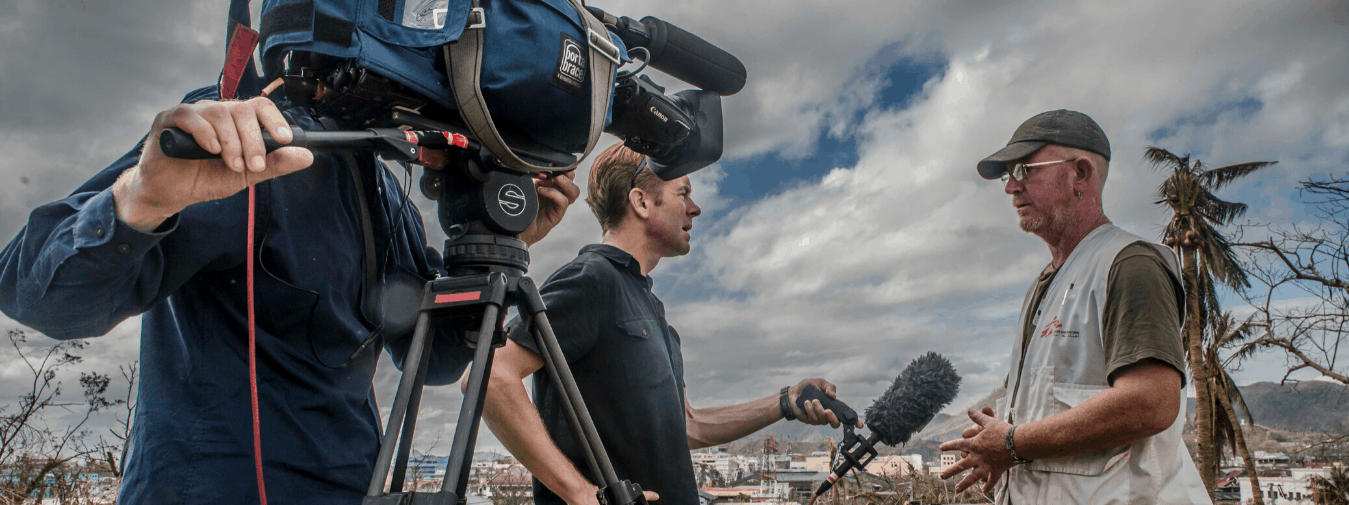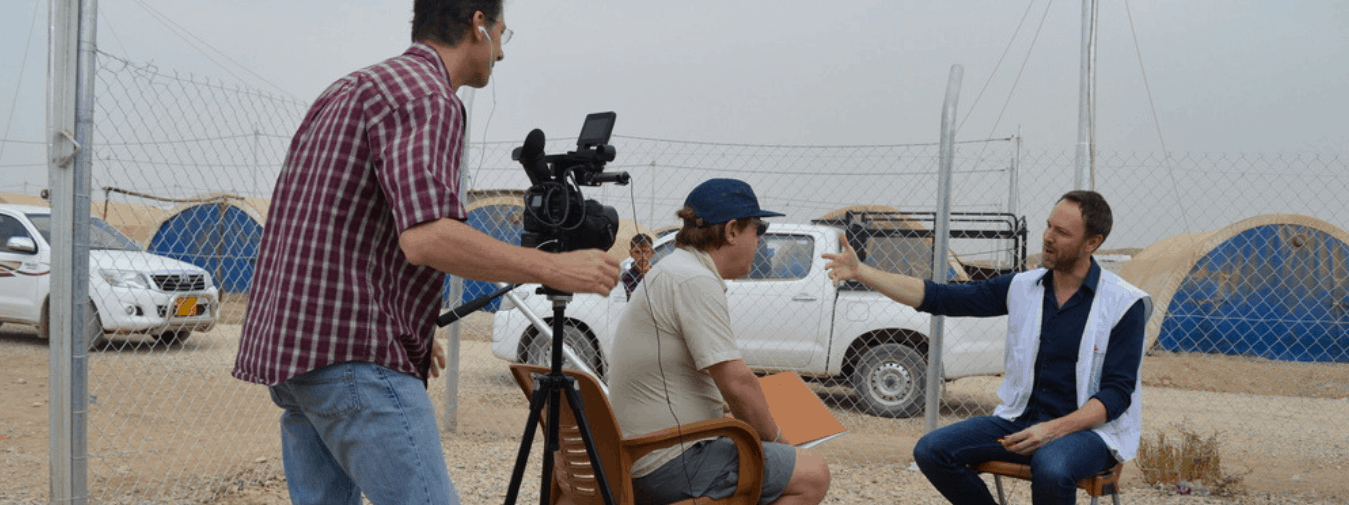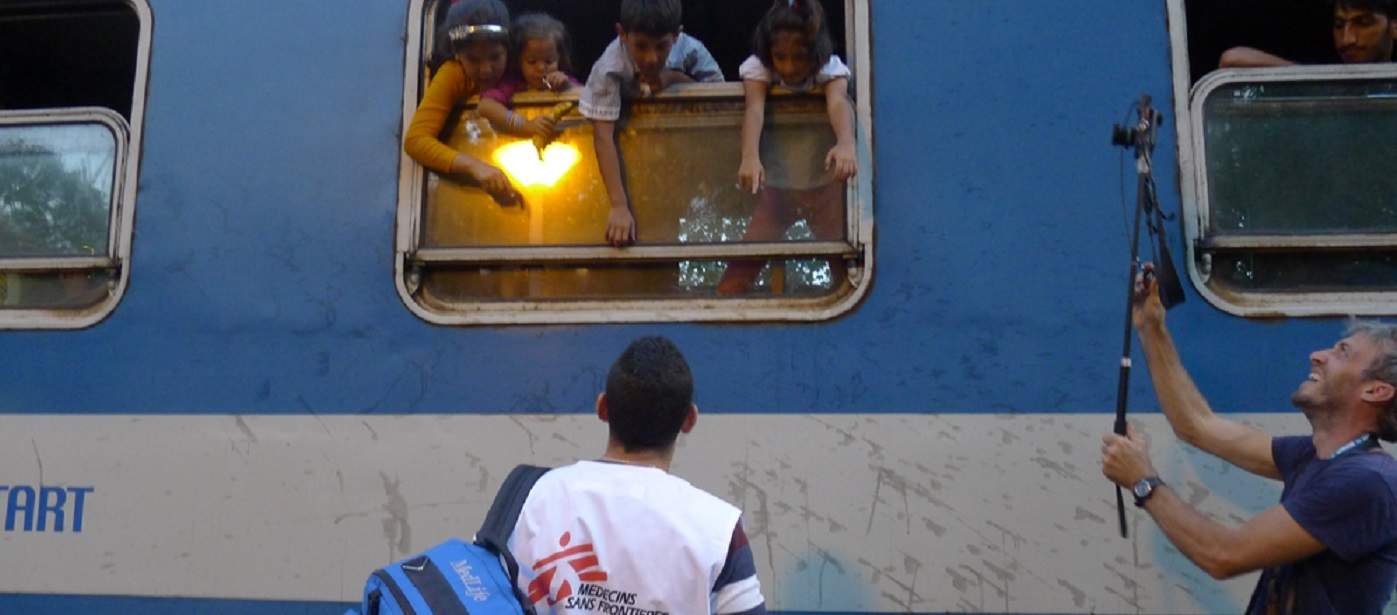The Fellowship accepts applications and reporting proposals on various thematic areas, including but not limited to General Grant (applicants can choose among five themes) or the MSF-DNDi (Drugs for Neglected Diseases initiative) Grant for Neglected Tropical Diseases (NTDs) or MSF-GARDP (The Global Antibiotic Research & Development Partnership) Grant on Antimicrobial resistance (AMR).
1.Tuberculosis:
Tuberculosis (TB) continues to be one of the world’s deadliest infectious diseases, disproportionately affecting the poorest and most vulnerable communities. Despite being preventable and curable, millions lack access to timely diagnosis and effective treatment. The rise of drug-resistant TB (DR-TB) has made treatment longer, more toxic, and harder to access. MSF works to provide shorter, more effective, and patient-friendly treatments while challenging high drug prices and diagnostic gaps. Tackling TB requires community-based care, robust public health systems, and sustained outreach efforts. Journalists are expected to report on the human toll of TB, barriers to accessing care, and the urgent need for equitable access to diagnostics and treatment for all.
Expected regions of focus: India, Pakistan, Afghanistan
2.HIV:
HIV remains one of the world’s leading global health challenges, particularly in low-resource and crisis-affected settings. Despite major progress in antiretroviral therapy (ART), many people still lack timely access to testing, treatment, and sustained care. Late diagnoses, stockouts, and overwhelmed health systems continue to cost lives. MSF focuses on simplifying treatment protocols, decentralizing care, and supporting people through long-term adherence. Community-based models and rapid, accessible testing are critical to closing the treatment gap. Journalists are expected to explore the persistent barriers to HIV care, the consequences of late treatment, and efforts to bring life-saving therapies closer to people in need.
Expected regions of focus: India, Sri Lanka, Nepal
3.Women’s Health:
Women and girls often face unique health challenges due to gender inequality, limited autonomy, and restricted access to care. From unsafe abortions to complications in childbirth, the lack of sexual and reproductive healthcare in crisis-affected or remote areas puts lives at risk. Women also bear the brunt of gender-based violence, which has severe physical and mental health consequences. Essential services such as family planning, safe abortion care, and emergency obstetric care are often scarce or inaccessible. Journalists are expected to investigate the intersection of gender, health, and inequality, with a focus on how comprehensive women’s health services can save lives and restore dignity.
Expected regions of focus: Afghanistan, Pakistan, Bangladesh, Nepal
4.Health Impact of Climate Change:
Climate change is a growing public health emergency, exacerbating existing vulnerabilities and driving new health crises. Rising temperatures, extreme weather events, and shifting disease patterns threaten food security, water access, and increase the spread of diseases such as malaria, dengue, and cholera. Marginalized communities often suffer the most, with limited resilience and adaptation capacity. Climate-related displacement also brings new health challenges, including overcrowded shelters and poor sanitation. Journalists are expected to uncover how climate change affects public health, with a particular focus on vulnerable populations, disease outbreaks, and the need for climate-resilient health systems.
Expected regions of focus: Bangladesh, India, Sri Lanka, Nepal
5. Impact of Caste on Health:
Caste-based discrimination remains a systemic and deeply rooted barrier to healthcare access across South Asia. Marginalized caste groups face exclusion, stigma, and neglect in both public health systems and society at large. Caste intersects with gender, disability, and poverty, compounding health vulnerabilities. Women from oppressed castes face disproportionate burdens, including hazardous work and limited access to care. Caste is a cross-cutting issue that influences patient dignity and equity in care. Journalists are expected to explore how caste impacts access to healthcare and to highlight stories that reveal both structural exclusion and efforts toward inclusive, dignified health services.
Expected regions of focus: India, Sri Lanka, Pakistan, Bangladesh, Afghanistan, Nepal
6. Neglected Tropical Diseases:
The MSF-DNDi Grant focuses on raising awareness and fostering a better understanding of Neglected Tropical Diseases (NTDs). NTDs such as kala azar, dengue, lymphatic filariasis, and mycetoma affect millions of people in South Asia. These diseases are driven by factors like poverty, poor sanitation, lack of adequate treatment and limited healthcare access. This grant is aimed at exploring the complexities of NTDs from the lens of gender, pediatrics and climate change. It emphasizes the need for targeted interventions such as safe, affordable and effective treatment and improved healthcare infrastructure. The grant will also focus on critical issues surrounding gender equity in clinical trials, the intersection of gender, climate, and infectious diseases highlighting the systemic challenges faced by women in health research and the urgent need for actionable strategies to address these disparities. Recipients receive financial support for reporting expenses and access to DNDi experts to generate comprehensive reportage.
Expected regions of focus: India, Bangladesh, Sri Lanka, Nepal
7. Gender Responsive R&D
Women’s specific medical needs are widely overlooked in traditional biomedical R&D. In addition, women are often under-represented among those leading research in this field. We are working to upend this persistent and harmful status quo. Despite representing half of the world’s population, women are a neglected population when it comes to drug development. For example, women are often excluded from clinical trials, resulting in a lack of important data on physiological differences – especially data concerning medicine safety and efficacy in pregnant or breastfeeding women. Recipients receive financial support for reporting expenses and access to DNDi experts to generate comprehensive reportage.
Expected regions of focus: India, Bangladesh, Sri Lanka, Nepal
8. Antimicrobial Resistance (AMR)
AMR occurs when bacteria naturally develop resistance to antibiotics, rendering them increasingly ineffective. As a result, infections become difficult or impossible to treat, increasing the risk of disease spread, severe illness and death. AMR is already one of the world’s biggest killers, with 4.71 million associated deaths each year, of which 20% are in India. While the predominant AMR narrative so far has explored “excess and inappropriate use of antibiotics” as a key contributor to AMR, “lack of access to the right antibiotics” is a contributor that has largely been ignored. As per the recent findings of the Global Burden of Antimicrobial Resistance (GRAM) study, AMR-related mortality has remained relatively stable in recent decades, but a sharp rise is now expected, with the number of AMR-related deaths increasing by more than 70% by 2050. The primary reasons behind this sudden surge are the rise and spread of difficult-to-treat Gram-negative infections and a lack of access to effective antibiotics across the globe. According to the GRAM study, more than 50 million deaths could be prevented through improvements to access. The MSF-GARDP grant on AMR is aimed at exploring the theme of access vs excess, from the context of India and LMICs and going deeper into the issue of lack of antibiotic access. The stories could gather insights keeping in mind the complexities of the Indian healthcare system – public vs private; primary vs secondary vs. tertiary; urban vs rural. Recipients shall receive financial support for reporting expenses and access to GARDP experts to generate comprehensive reportage.
Expected regions of focus: India

